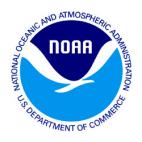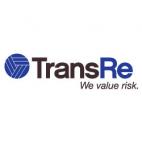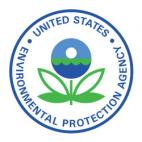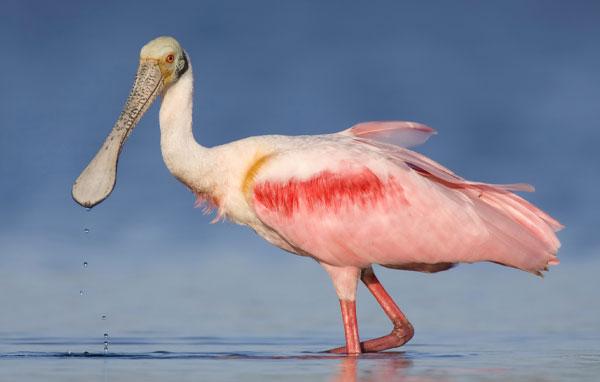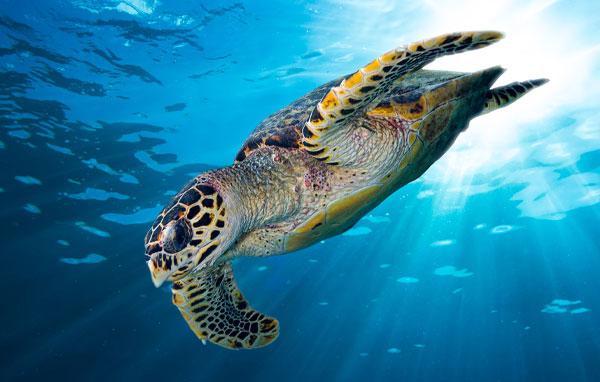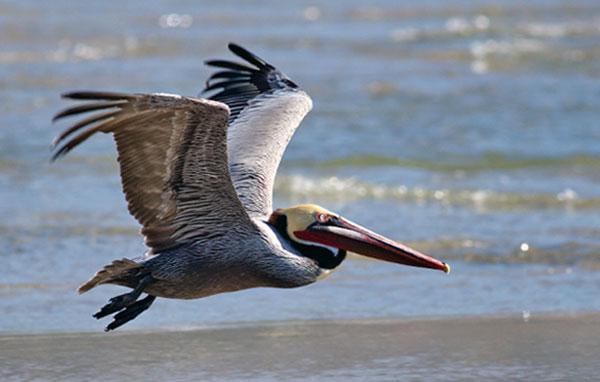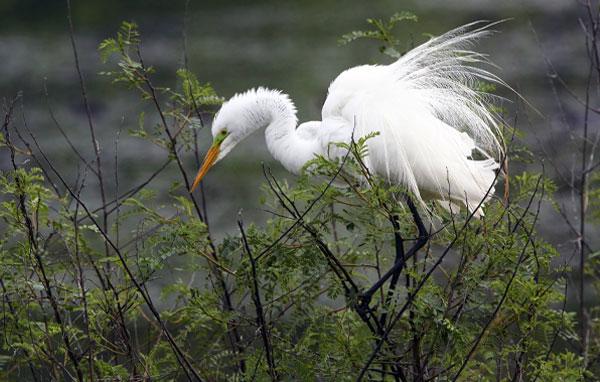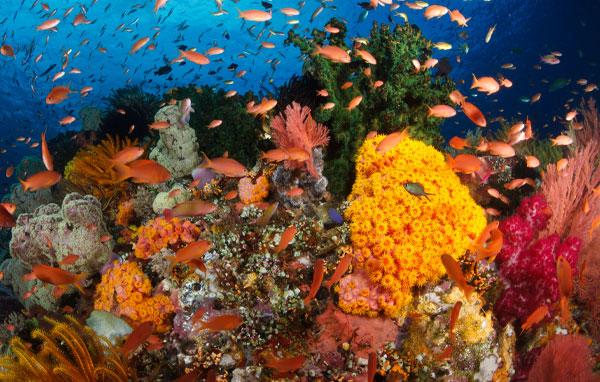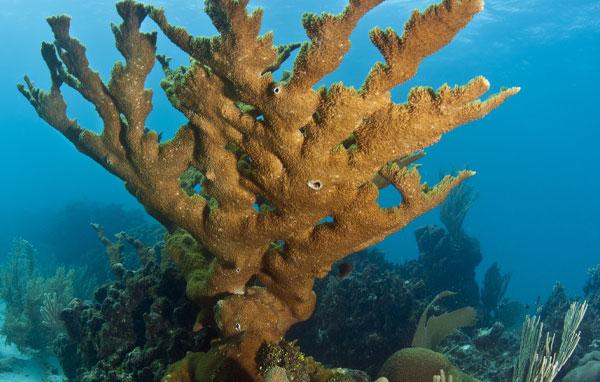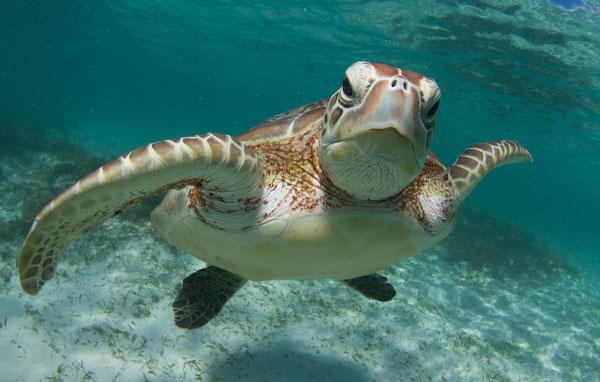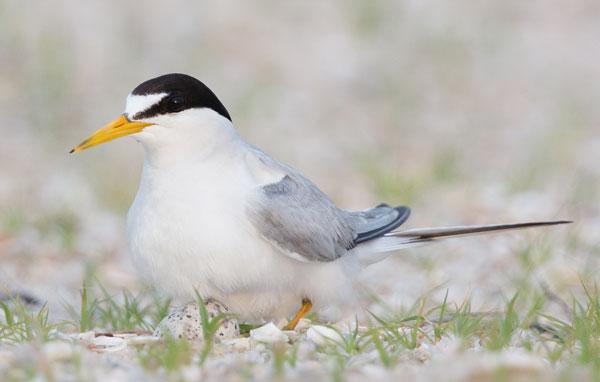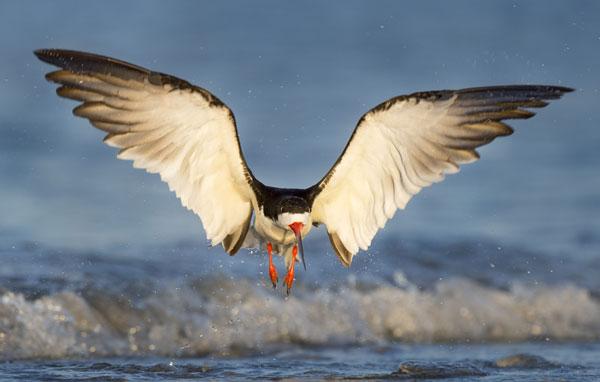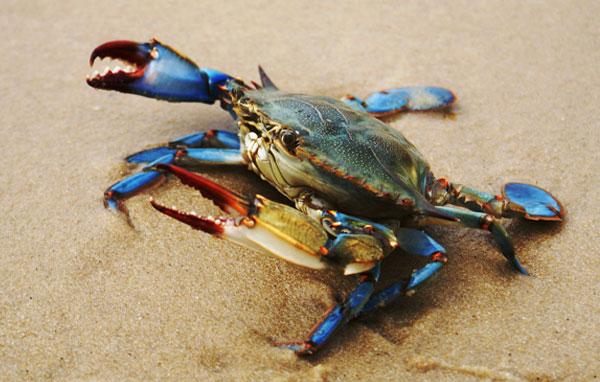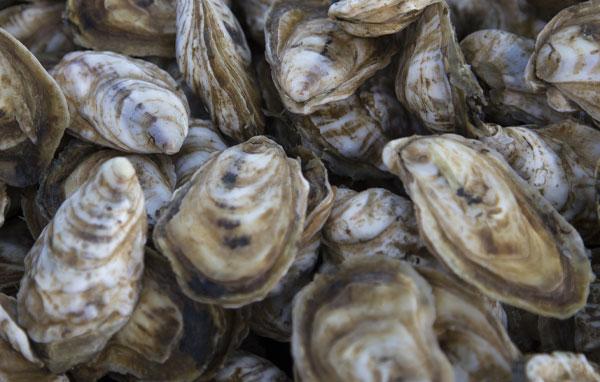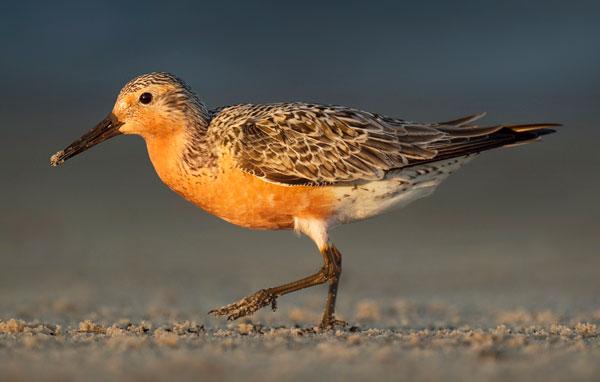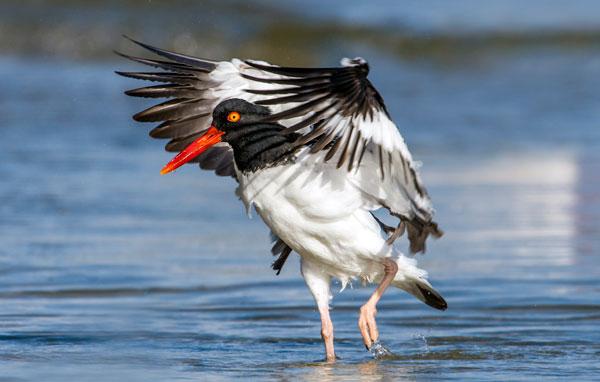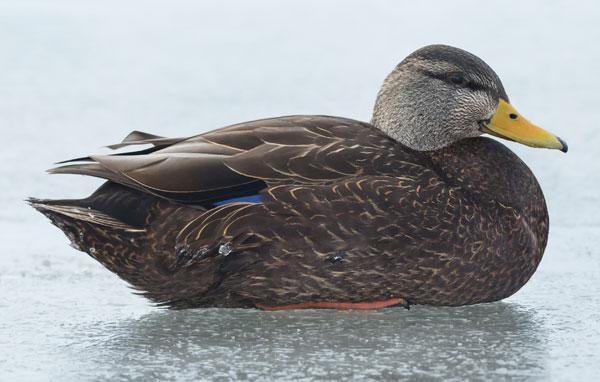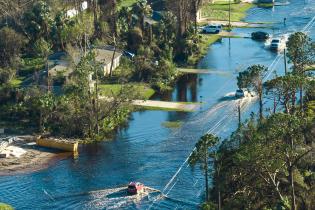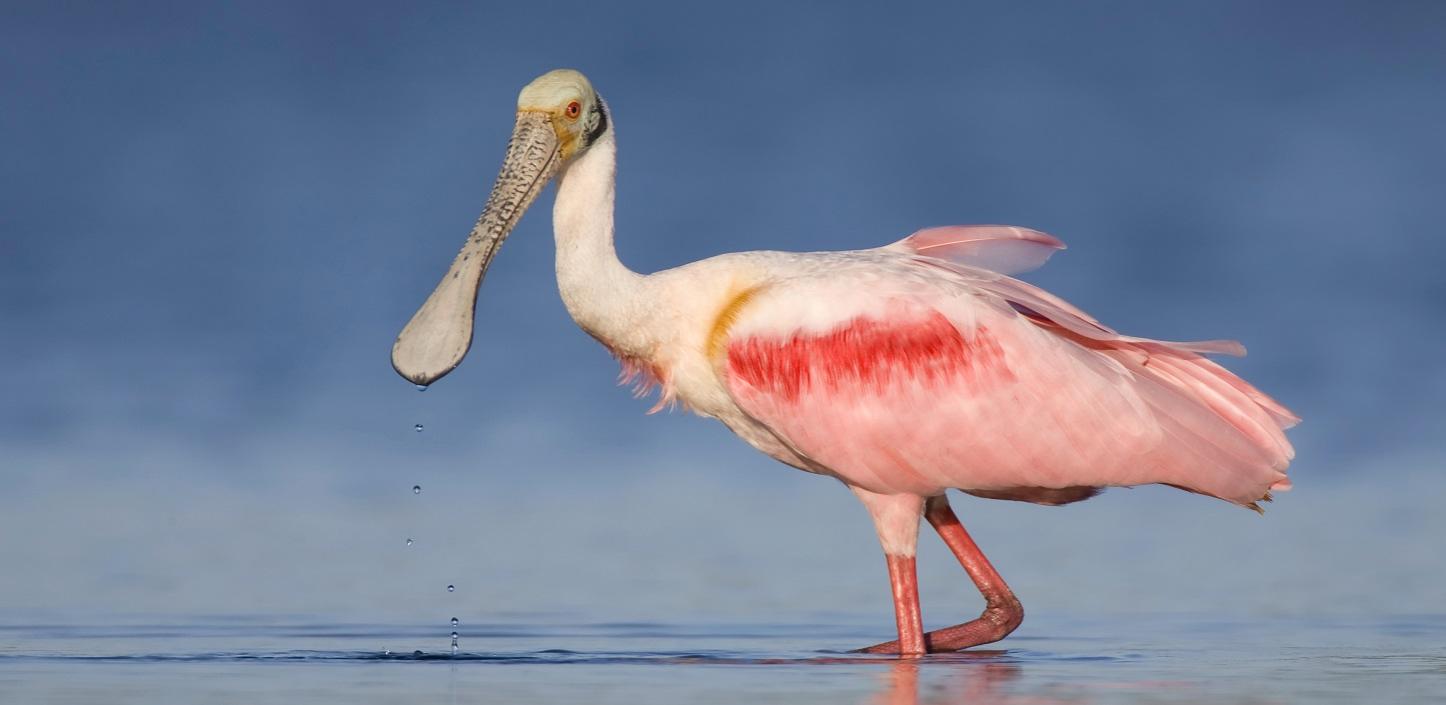
The National Coastal Resilience Fund (NCRF), established in 2018, invests in nature-based solutions that protect coastal communities while enhancing habitats for fish and wildlife. The National Coastal Resilience Fund invests in conservation projects that restore, increase and strengthen natural infrastructure such as coastal marshes and wetlands, dune and beach systems, oyster and coral reefs, rivers and floodplains, coastal forest, and barrier islands that mitigate the impacts of storms and other coastal hazards to communities.
Partners
Coastal communities and ecosystems are under threat from rising sea-levels, more intense storms, and changing rainfall patterns. While almost 40 percent of Americans call the coast home and coastal communities contribute $10 trillion in goods and services annually to the U.S. economy, these areas are increasingly affected by flooding and other coastal hazards. In 2023, the U.S. experienced 28 separate weather and natural disasters costing at least $1 billon, for a total of $92.9 billion.
With sea-level rise and increasing development in coastal areas, the annual cost of flooding in the U.S. is increasing. At the same time, the U.S. is losing valuable coastal ecosystems that help to buffer communities from these impacts and provide important habitats for fish and wildlife. For example, the 2009-2019 Wetlands Status and Trends national report indicates that wetland loss rates have increased by 50 percent over the last decade, with salt marshes experienced the largest reduction. These and other important coastal habitats are “squeezed” by rising sea levels and increasing development on the coast.
The National Coastal Resilience Fund supports the implementation of nature-based solutions to strengthen resilience of coastal communities and ecosystems to these threats. The fund invests in building capacity and plans for coastal resilience, the design of nature-based solutions and implementation of coastal resilience projects to support communities and habitats to withstand, recover and adapt to changing environmental conditions. Nature-based solutions include natural and hybrid (“green-gray”) solutions, such as restoring coastal marshes, reconnecting floodplains, rebuilding dunes or other natural buffers, and installing living shorelines. Additionally, NFWF prioritizes investments that are community-led or incorporate direct community outreach and engagement.
A Scientific Approach
The National Coastal Resilience Fund uses CREST to identify open space areas where nature-based solutions may maximize fish and wildlife benefits and human community resilience to flooding.
Application Information
| National Coastal Resilience Fund 2025 Request for Proposals | View Now | |
| Frequently Asked Questions (FAQ) | View Now | |
| NCRF Technical Reviewer | View Now | |
| NCRF Field Liaison Support | View Now | |
| NOAA's Digital Coast Resources (NCRF) | View Now | |
| 10 Tips for Grantees | View Now | |
| Interim Programmatic Report Guidance | View Now | |
| Final Programmatic Report Guidance | View Now |
| National Coastal Resilience Fund Fact Sheet | Download the PDF | |
| Coastal Resilience Dashboard | View Website | |
| November 2024 Grant Slate | Download the PDF | |
| November 2023 Grant Slate | Download the PDF | |
| October 2023 Grant Slate | Download the PDF | |
| December 2022 Grant Slate | Download the PDF | |
| August 2022 Grant Slate | Download the PDF | |
| 2021 Grant Slate | Download the PDF | |
| 2020 Grant Slate | Download the PDF | |
| 2019 Grant Slate | Download the PDF | |
| 2018 Grant Slate | Download the PDF | |
| Coastal Resilience Assessment Fact Sheet | Download the PDF | |
| Map: National Coastal Resilience Fund Footprint | View Website |
Program Director, Coastal Resilience
Program Manager, Coastal Resilience
Program Manager, Coastal Resilience
Program Coordinator, Coastal Resilience


